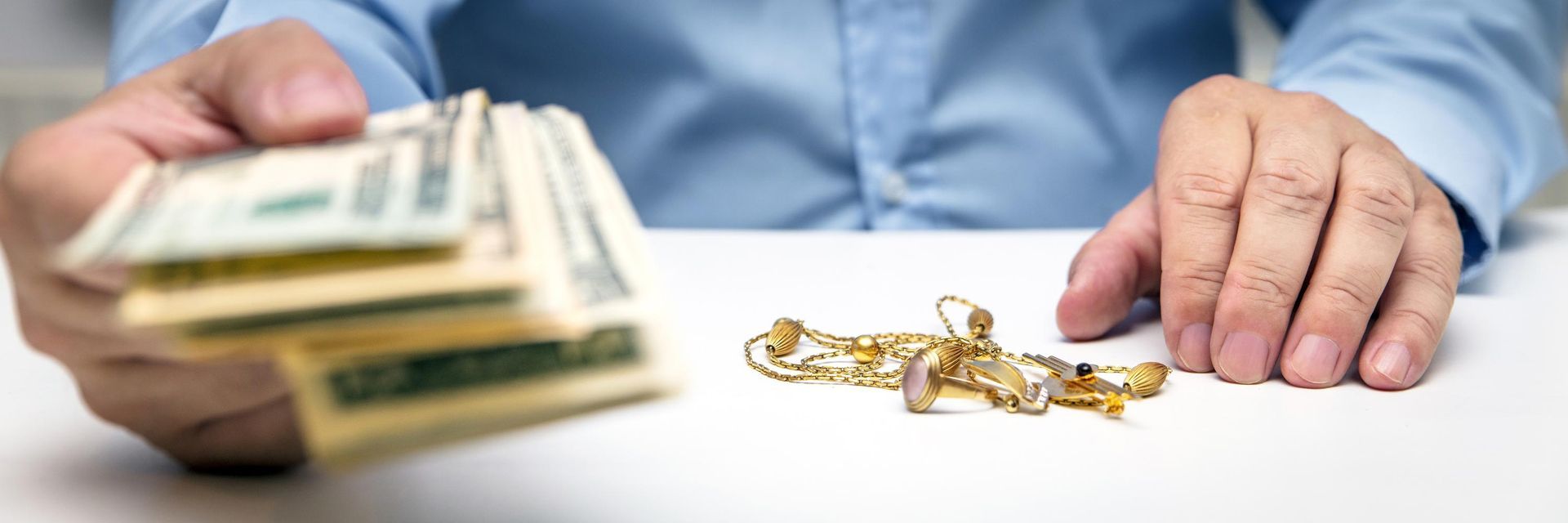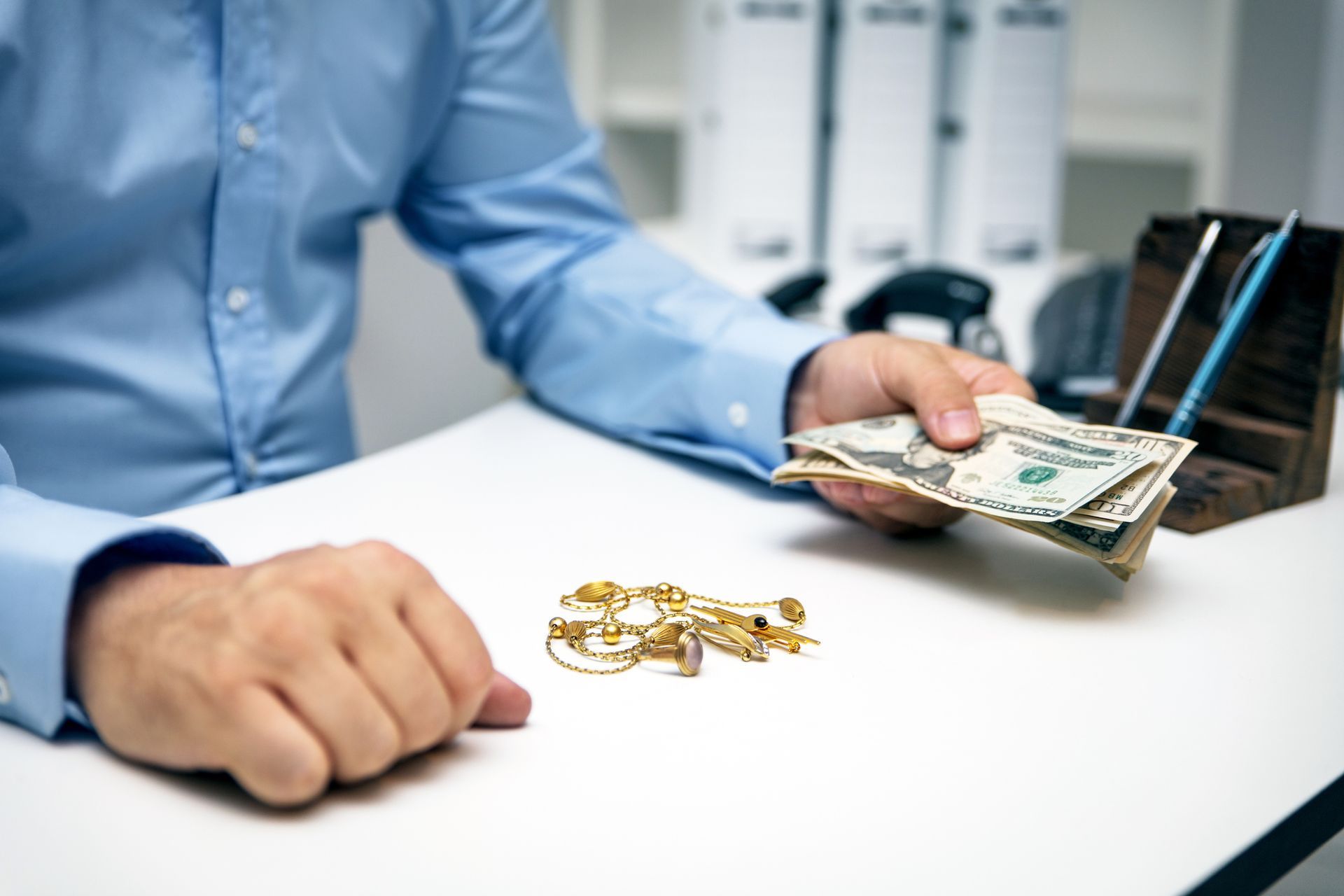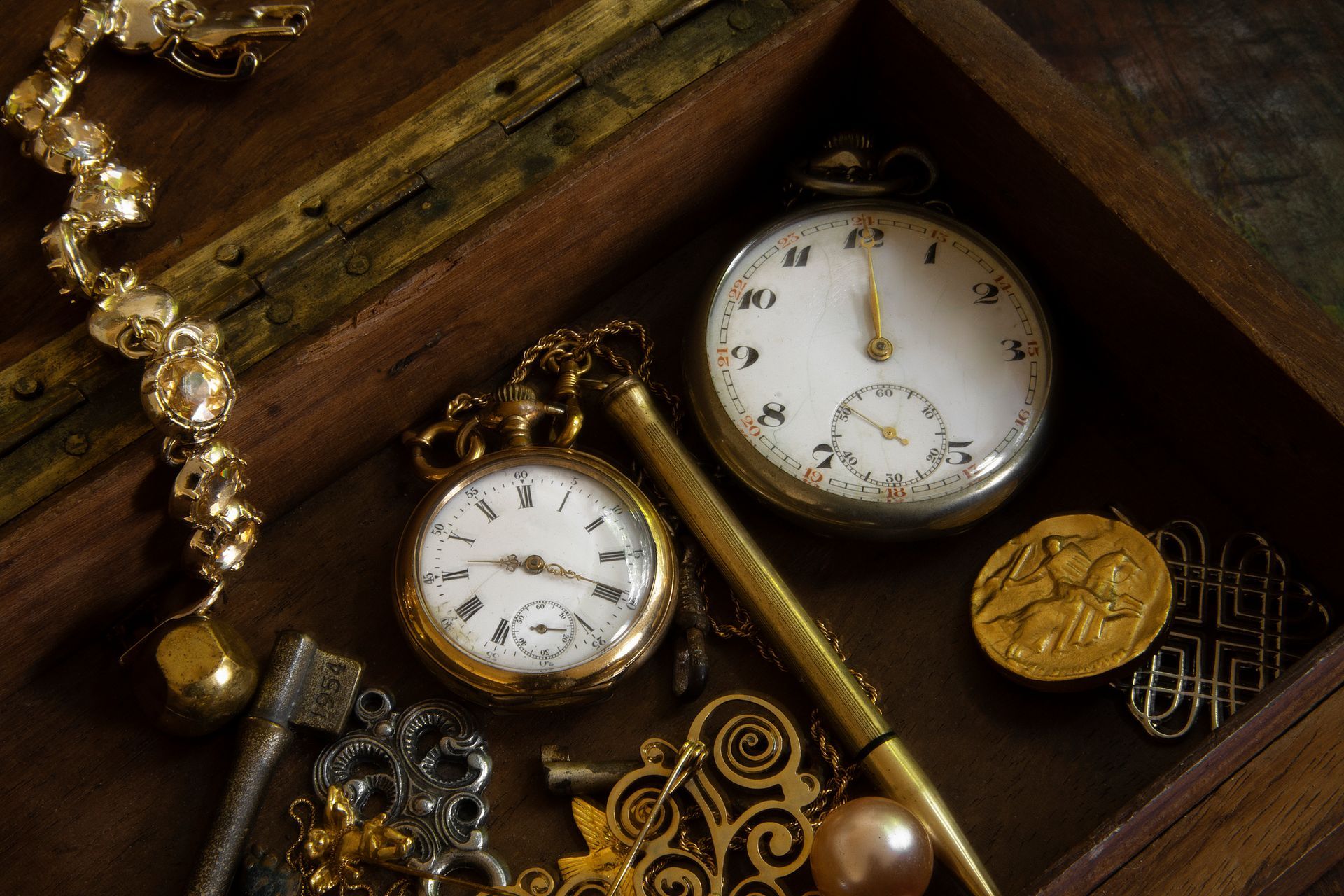
6 Factors That Affect Pricing at Your Local Pawn Shop: An Inside Look
- By Admin
- •
- 10 Apr, 2023
- •
As tough economic times continue to dent your budget, you should find ways to get by.
Shopping at a pawn shop can be a splendid way to get high-quality items at great prices. But like in any other marketplace, the prices of items at pawn shops are affected by several factors.
Here are six factors influencing the prices of items sold at pawn shops.
1. The Market Forces of Supply and Demand
The price of a pawn item rises when the demand is high. Conversely, the price falls when the item becomes abundantly available.
Expect higher prices for fast-moving pawn items such as jewelry, designer clothes and bags, electronics, power tools, firearms, and sporting equipment.
2. The Condition of the Pawn Item
Pawn items are like used cars. The better the quality and general condition, the higher the value and price. As a result, well-cared-for items in like-new condition are always worth more than those with some damage.
Before buying any pawned item, thoroughly check for scratches, dents, scuffs, and other forms of damage. That way, you can determine whether or not it's worth the cost.
3. The Age of a Pawn Item
It's safe to say that most pawnable items lose their worth the older they get. That said, not all pawn items lose their resale value over time. Like classic cars, some pawn items become more valuable with age due to rarity, superior performance, or special features when kept in good condition.
Antiques and collectibles are perfect examples of items that may cost more to purchase at a pawn shop.
4. The Time of the Year
Pawn shops typically enjoy brisk business throughout the year. However, they have their peak season, which affects the prices of the inventory on their shelves.
For example, jewelry prices tend to spike in December and January because most people shop for gifts for friends and families during this time. If sales are low, you may get unbelievably steep price discounts in-store as pawn shops look to reduce their overflowing inventory.
5. Buyer-Seller Negotiations
Are you good at haggling for a good bargain? Pawn shops are usually willing to accept slightly less money than the price indicated on the shelf. If you're comfortable negotiating, you can haggle for a lower price with the seller, especially when buying a slow-moving item. The more you know about an item and the overall market, the better you’ll typically be able to negotiate, so do some research.
6. The Pricing Decisions of the Competition
Competition is a fact of life in business. Believe it or not, most pawn shops consider the prices of their rivals when setting prices for their stocked items. Setting a high price for similar items can cause customers to defect to the competition. Conversely, selling items at fair and honest prices can help win over more customers.
Before purchasing pawn items from a particular shop, shop around to see how other local pawn shops price similar items. That way, you can get amazing discounts and save money on pawned items that would be much more expensive if single-sourced.
Under ideal market conditions, the forces of supply and demand would determine the prices of pawned items. However, real-world market conditions are far from ideal. Various factors, including the condition and age of the pawned item, the time of the year, buyer-seller negotiations, and competitive pricing strategies, all impact the purchase price of pawn items.
At 2 J's Pawn & Gun, we do it all; we buy and sell products of all varieties and offer loans in Davie, FL. Contact us or visit our shop today to check the wide range of items available in our inventory.
2 J’S PAWN & GUN
BUSINESS HOURS
PAYMENT OPTIONS








